
Two years have passed since The Centre, supported by funding from the private sector and the Fair Cobalt Alliance, established The Hub for Child Labour Prevention and Remediation. Focused on Kolwezi and the Tenke and Fungurume area in the DRC, The Hub aims to prevent and provide targeted, long-term remediation for child labour found in ASM mining. So far, over 80 children have been integrated into The Hub’s remediation programme, but how can The Hub reach more children and create a greater impact with the same resources?
We spoke with our Director of Services, Cecilia Tiblad-Berntsson, who reflects on the opportunities and challenges The Hub faces in reaching more children and delivering long-term remediation.
What is The Hub’s remediation approach for the children found in artisanal and small-scale mining (ASM)?
Although all child labour in mining is considered the worst form of child labour, there are differences in vulnerability among the various cases of child labour in ASM mining that should inform the approach to remediation.
Intensive and individualised remediation is appropriate for the most vulnerable children, such as those who have dropped out of school altogether, work long hours in dangerous positions, or are abandoned and neglected. For these children, The Hub’s current approach of providing targeted remediation is the most suitable. This means that each child is assigned a dedicated case manager and a remediation plan tailored to their needs.
For children who regularly work with their families to pay for school fees and who are still attending school, a lighter and collective remediation is more appropriate to reach more children. This approach focuses on ensuring free access to schooling, raising awareness, and implementing preventative measures supported by a community focal point that oversees a group of children within the same community.
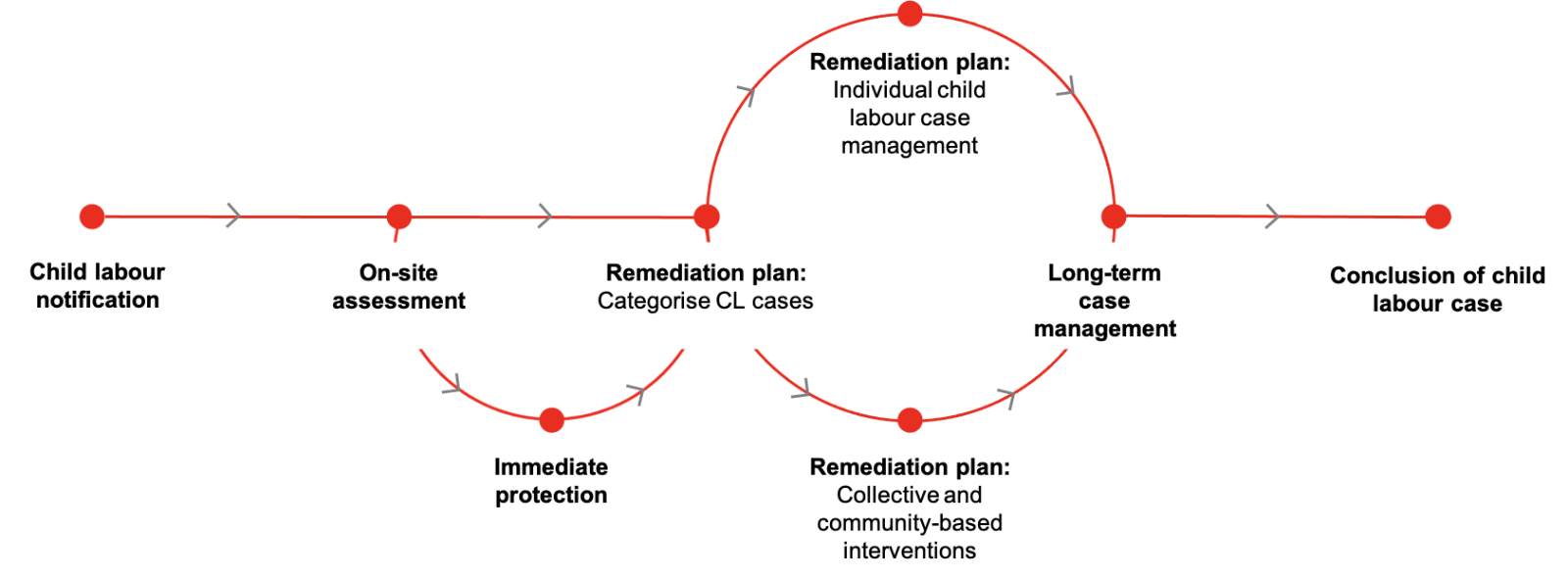
The primary root causes of child labour are poverty and lack of access to affordable and quality education. However, each case is unique, and they vary between countries and industries. How does The Hub take that into account?
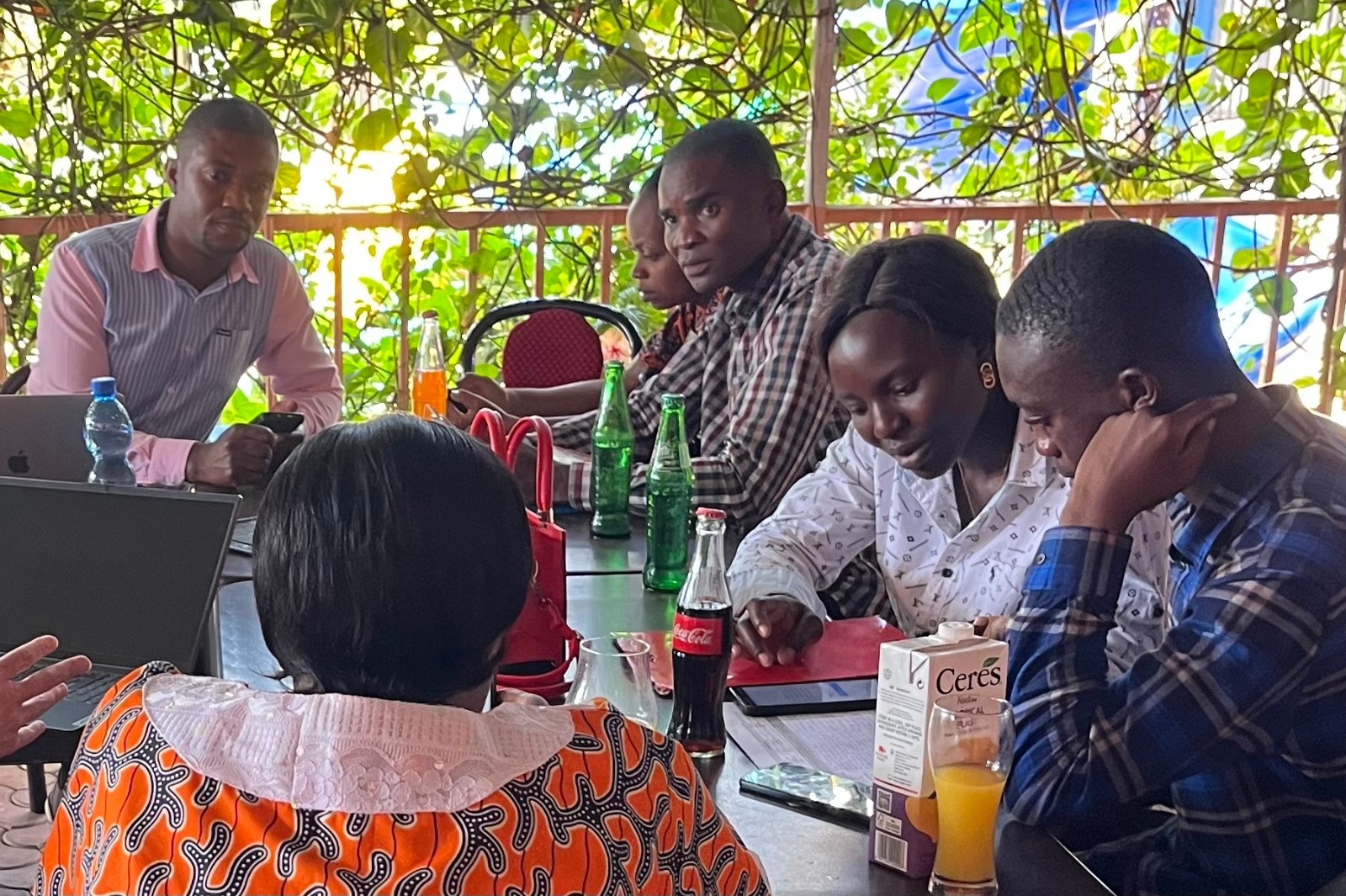
The Hub's case management approach also considers the overall family situation and dynamics when addressing the individual needs of children in child labour.
Most of the children currently in The Hub’s programme come from large families, where several siblings of school age are not attending school. Several of them have been abandoned by one or both parents, often linked to divorces, and some have lost both parents. Many families only have one adult with an income at the start of our programme, and there is more that can be done around financial literacy. Some children work to contribute to family income, others to pay for school fees, and some due to a lack of meaningful after-school activities or a combination of all.
To successfully ensure long-term remediation and a path out of child labour, our case managers are trained to understand the unique situation of each child and work together with the child and their guardians to address key obstacles. The Hub has recently put a sibling fund in place to contribute to the education of siblings where needed, and our next capacity-building programme for case managers in June will focus on problem-solving and resources to strengthen financial literacy and basic entrepreneurship.
Does The Hub’s programme only focus on children within a specific age range, or does it also include those who have dropped out of school but are still too young to be considered working adults? How does The Hub support them?
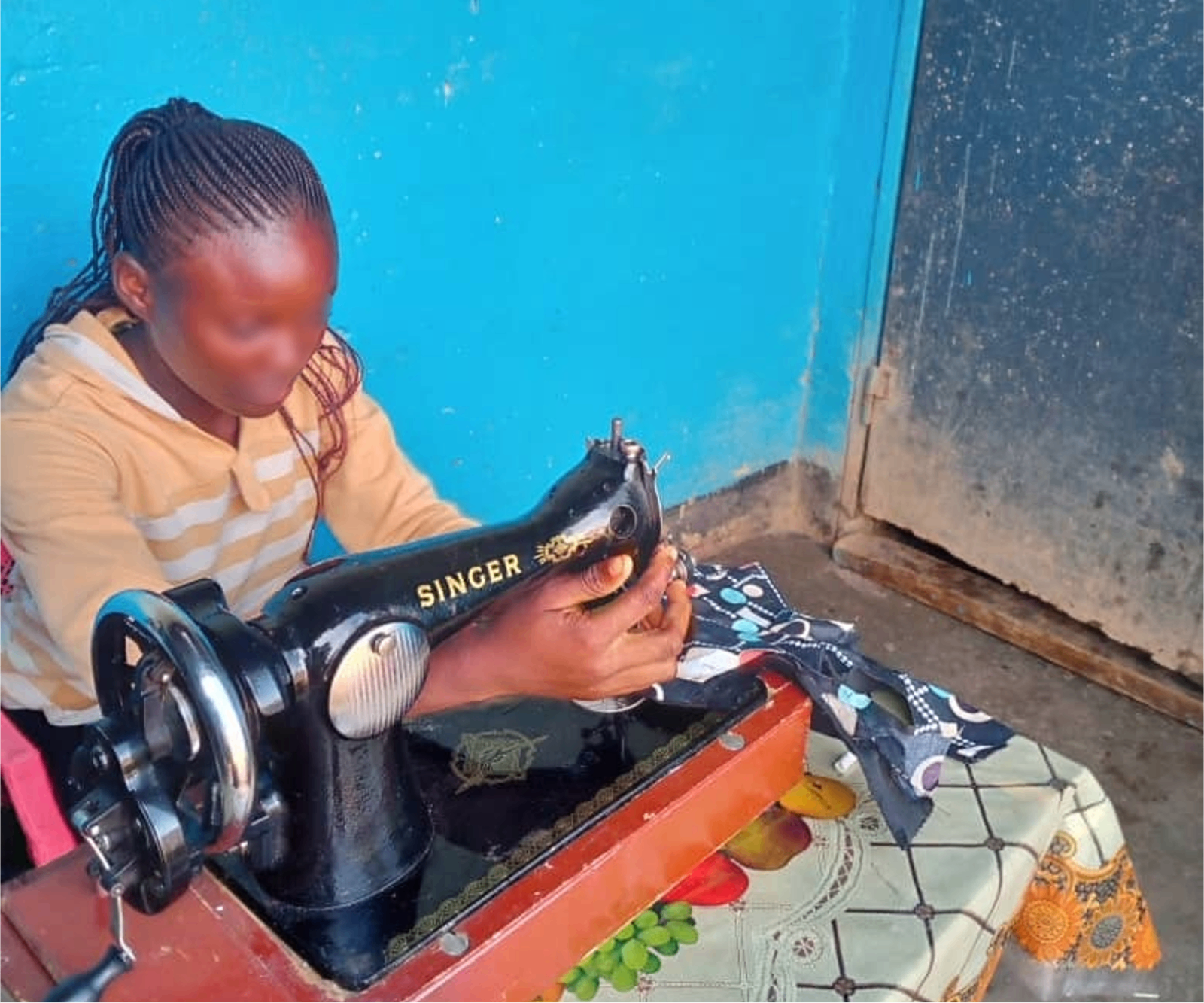
All children in The Hub’s programme are reinserted into formal education, with many completing their remediation programme with a six-month vocational programme or apprenticeship training to learn a trade. This is appreciated and beneficial, but more efforts are also needed to support local companies and workshops and provide access to decent work for youth.
In 2025, The Hub will launch its first Access to Decent Work for Youth (AD-Y) programme in the DRC. One aspect of the programme is to assist companies and workshops in employing youth, and the other is to equip youth with technical and soft skills to become valuable employees. We will also introduce our first pilot after-school activity, where we hope to give youth the opportunity to manage and contribute to the activities.
In what ways is The Hub expanding its reach to ensure that more children in child labour are supported?
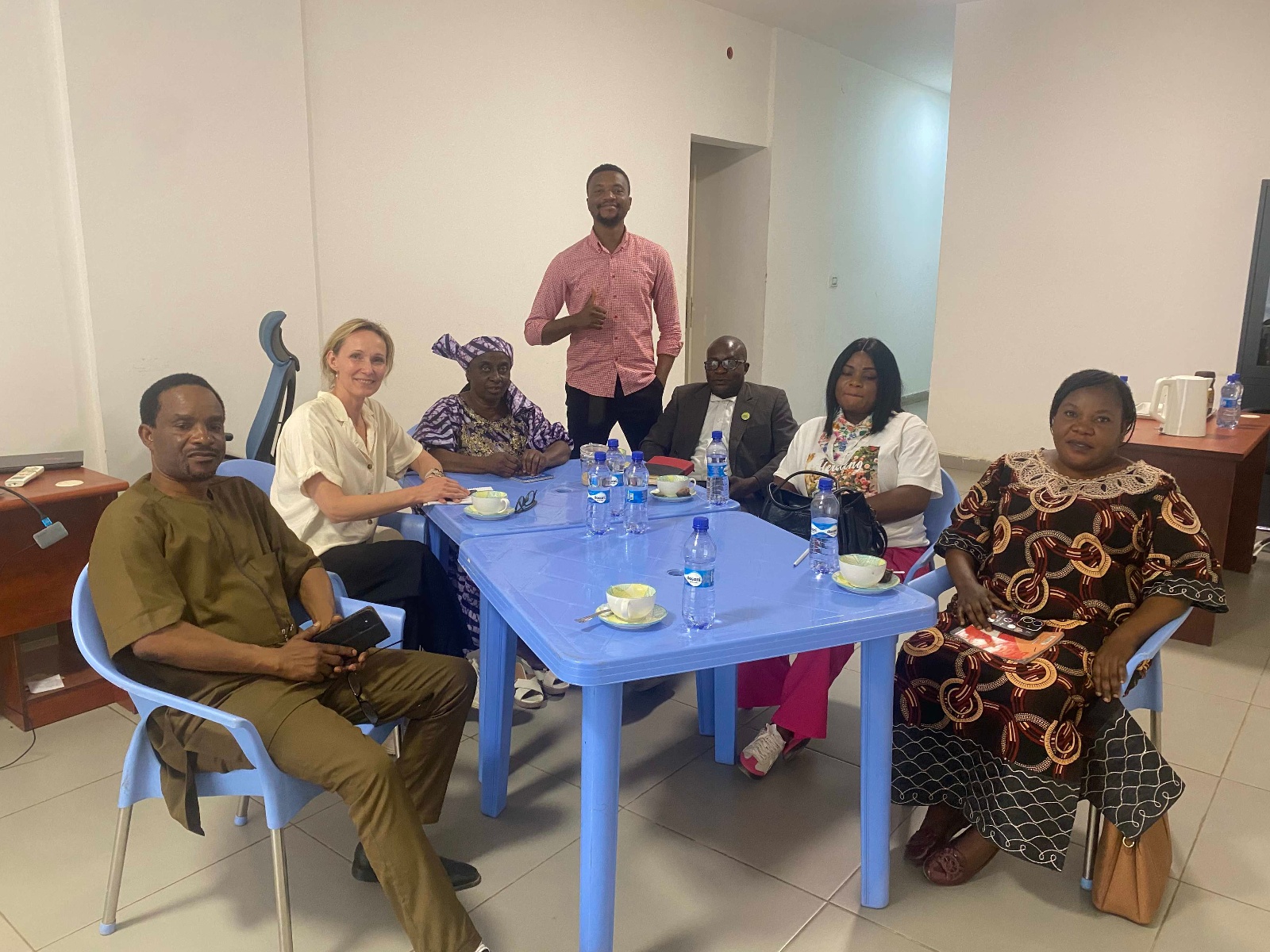
Along with The Hub’s programme, most existing initiatives in Kolwezi and Tenke and Fungurume areas focus mostly on preventing and remediating child labour in mining. Still, there is more to be done to reach all the thousands of children in child labour.
One of the guiding principles of The Hub is collaboration, as we believe that improved collaboration between different initiatives ensures that our efforts complement rather than duplicate the efforts of others. We aim to share best practices and learn from each other, identifying and leveraging synergies between different initiatives. This is why we currently collaborate closely with nine local CSOs and government entities to make this a reality. We look forward to continued discussions, sharing, and alignment with our partners' other initiatives on the ground, with the overarching aim of jointly reaching more children through our combined efforts.
The Hub also leverages its work with the government system in the DRC to register and follow up on child labour cases (the SSRTE system established with the support of the ILO) and support the establishment of a future government network of child protection officers in the communities. These are all areas where we need a joint approach and collaboration with the same structures to promote sustainability.
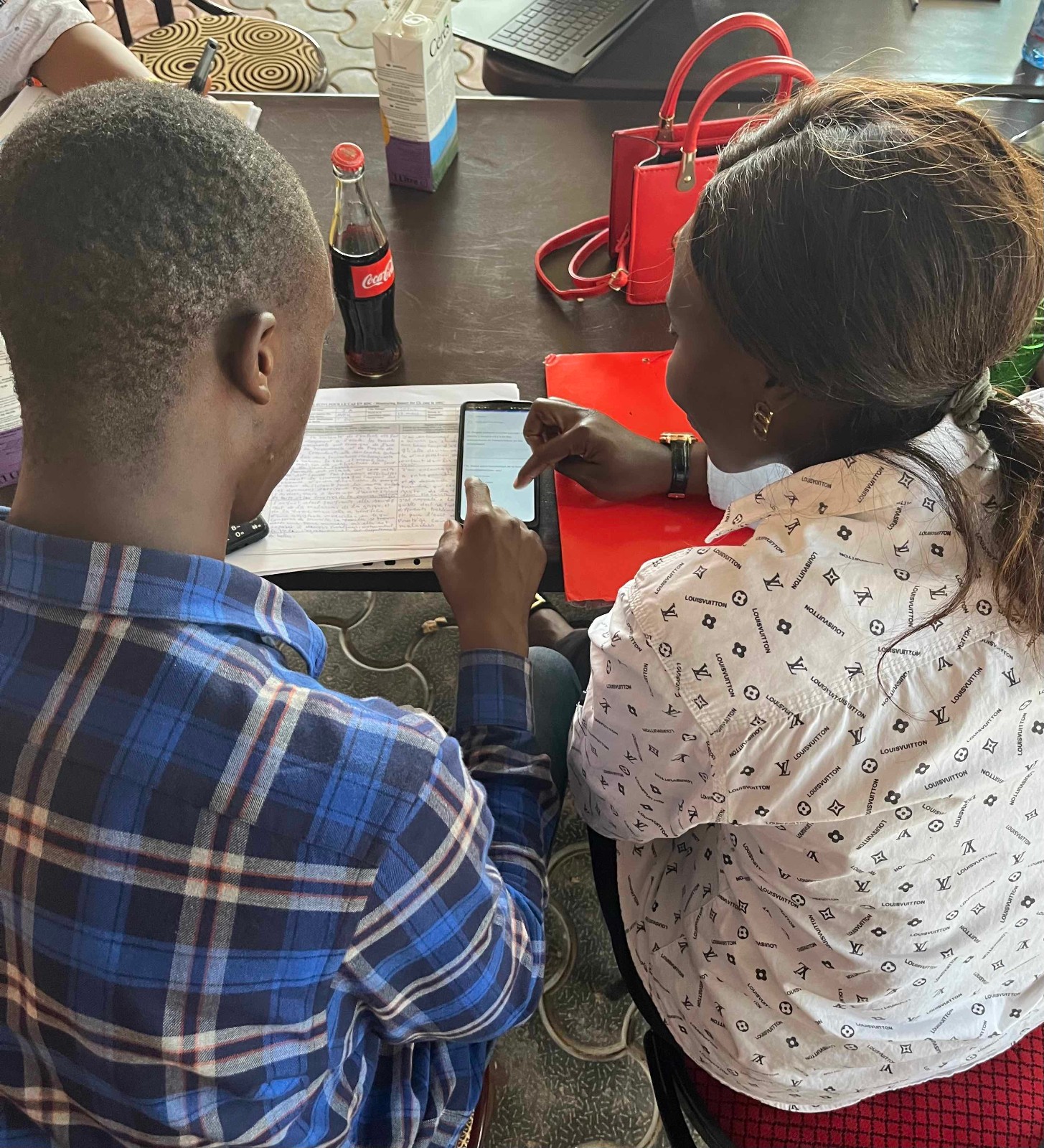
Funding from the private sector and the Fair Cobalt Alliance supports the Hub’s child labour remediation programme. Launched in 2022 and managed by The Centre for Child Rights and Business, The Hub works with eight local CSOs to provide targeted, long-term support for children engaged in the worst forms of child labour in artisanal copper and cobalt mining communities in the DRC. It collaborates with schools and the government to ensure alignment and sustainability. Its case manager training programme has established a robust local network of child rights practitioners, consisting of 31 accredited child labour remediation case managers. The Hub also conducts regular training for local government departments, CSOs, and mining cooperatives on child labour prevention and remediation.
Download our Leaflet to Learn More
By using this website, you agree to our use of cookies. We use cookies to provide you with a great experience and to help our website run effectively.